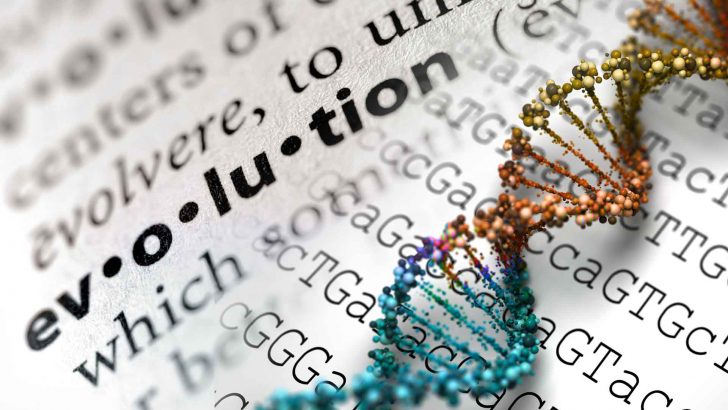Questions of Faith
It’s almost taken as a given today that the origins of humankind can be explained through the theory of evolution: the process by which different kinds of living organisms are believed to have developed from earlier forms.
There’s a common assumption today that Catholics don’t believe in evolution, and instead adopt a young earth creationist perspective which holds that earth and all of its lifeforms were created a few thousand years ago. While the Church makes no official pronouncements on matters of science, since the 1950s, it has formally been more open to evolutionary theory.
Pope Pius XII’s encyclical Humani Generis (1950), for example, allows for the possibility of human evolution from previous biological forms.
However, there is an important caveat to this admission, which is that the Church insists on the special creation of the soul.
“The Teaching Authority of the Church does not forbid that, in conformity with the present state of human sciences and sacred theology, research and discussions, on the part of men experienced in both fields, take place with regard to the doctrine of evolution, in as far as it inquires into the origin of the human body as coming from pre-existent and living matter – for the Catholic faith obliges us to hold that souls are immediately created by God.” (Humani Generis 36)
Dialogue
This encyclical demonstrated that firstly, no Catholic is required to believe in the theory of evolution, noting that reasoned dialogue is needed to solve the issue.
Secondly, it revealed that if human evolution did occur, it did so under the guidance of God, and that creation is ultimately down to his divine will. The encyclical, then, countered proponents of atheistic evolutionary theory, which holds that the development of humankind can be explained in wholly naturalistic terms, without mention of God.
With further scientific discoveries in the subsequent decades, the Church became much more open to the idea of evolution. Indeed, addressing the Pontifical Academy of Sciences on the topic in 1996, Pope John Paull II said that new scientific findings “lead us toward recognition of evolution as more than a hypothesis”.
While evolution is an idea that Catholics can freely adopt, it’s important to remember that the theory only reveals so much. It doesn’t explain the origins of the universe, how earth came to be or the meaning of why we’re all here. In an atheistic context, evolution tells human beings that we are really just the product of an unguided and random process, with no conscious goal in mind. But as Pope emeritus Benedict reminds us:
“We are not some casual and meaningless product of evolution. Each of us is the result of a thought of God. Each of us is willed, each of us is loved, each of us is necessary.” (2005)
Boiled down, the Church teaches that Catholics can believe that humans developed from other primitive life forms, but that this process was guided by God, and meaning about our life can only be garnered by looking towards God.


 Colm Fitzpatrick
Colm Fitzpatrick

